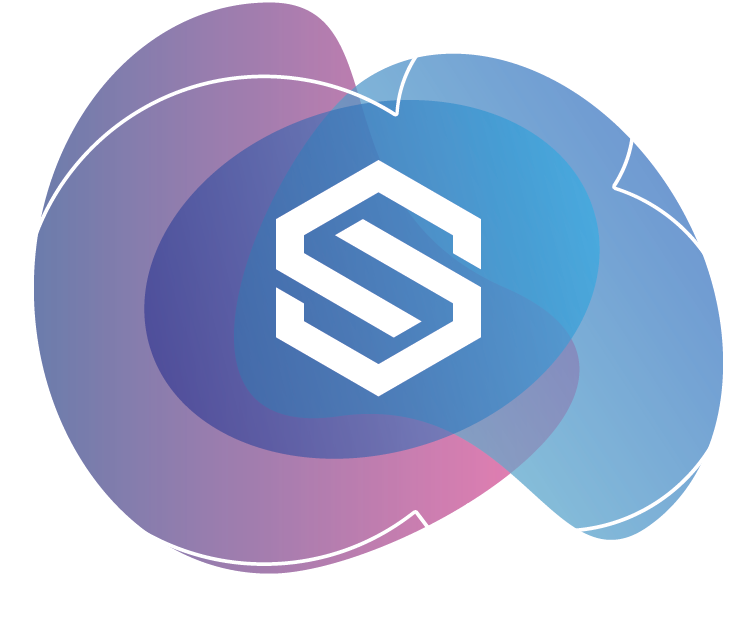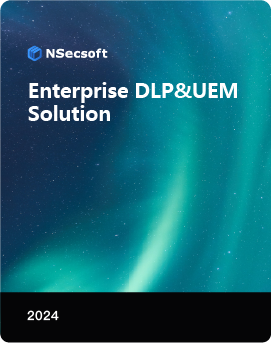Financial industry data loss prevention
Industry background
With the continuous development of financial informatization and information networking, financial institutions constantly generate a large amount of data during their operations. Including customer information, core business data, trade secrets, and other related information. Compared to other industries, the financial industry holds more personal information of citizens, and information security risks have become a management difficulty in the operation of the entire business system. The number of internal data leakage incidents caused by cyber criminal activities and internal workplace ethics issues continues to increase.
As a financial institution that is a key national information infrastructure, the China Banking Regulatory Commission has issued the “Guidelines for Data Governance of Banking and Financial Institutions”, which require banking and financial institutions to strengthen data application, enhance data security awareness, collect data in accordance with laws and regulations, prevent excessive data collection and abuse, and protect customer privacy in accordance with the law.
Facing problems
The business is networked, and the amount of data collected, processed, stored, and transmitted is increasing. The importance of information is also growing, making it difficult to manage ethical issues in the internal workplace. The network viruses caused by employees’ improper online behavior pose a threat to internal network security; The illegal leakage of internal data seriously affects the data security of enterprises, and the most direct result is not only financial losses, but also violations of laws and regulations, ultimately leading to the loss of reputation and credibility, and the loss of industry competitiveness.
Legal requirements
- From 2018 to 2019, key documents such as the “Guidelines for Data Governance of Banking and Financial Institutions”, “Trial Measures for the Protection of Personal Financial Information (Data) (Draft)”, and “Security Management Standards for Mobile Financial Client Application Software” were successively released, and regulatory rules gradually refined.
- In 2020, the Personal Information Protection Law, the Data Security Law (Draft for Comments), the Implementation Measures of the People’s Bank of China for the Protection of Financial Consumers’ Rights and Interests, the Interim Measures for the Administration of Internet Loans of Commercial Banks and other documents were released, which further deepened the regulatory requirements.
Endpoint computer software standard configuration management
The compliance of software installation is an important component of enterprise endpoint management. Employees’ knowledge of IT computers varies greatly, and installing software can bring various problems to the enterprise, such as virus infections, data leaks, and software copyright risks. The Ping32 software compliance management solution can be installed and upgraded through the software store, ensuring the security and reliability of software sources and meeting the requirements of enterprise software standardization management.
Software Store: Establish a software library that matches the needs of the enterprise, and users can obtain trusted software through the software store for self installation and updates.
Asset statistics: Automatically scan and detect client computer software and hardware IT assets and their changes.
Pirated software detection: Identify whether the software installed on the endpoint is genuine, helping enterprises avoid copyright risks and ensure endpoint system security.
Standardized management of external equipment
Manage the use of external devices for computers, including USB drives, smartphones, CD drives, USB devices, etc., especially for the management of mobile storage devices. Fine grained permission partitioning is implemented for different external devices to prevent internal employees from using storage devices such as USB drives from unknown sources for data transfer, and to prevent data leakage and virus infection. By using Ping32 encryption USB function, dedicated USB drives can be created for multiple departments such as HR and finance to avoid unauthorized internal information exchange.






 Contact
Contact












































